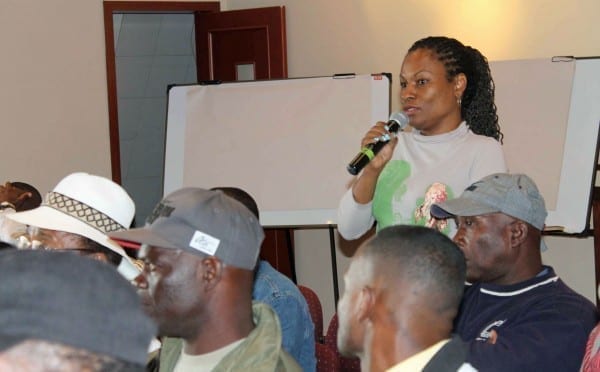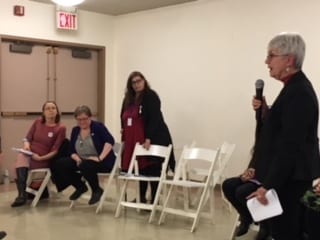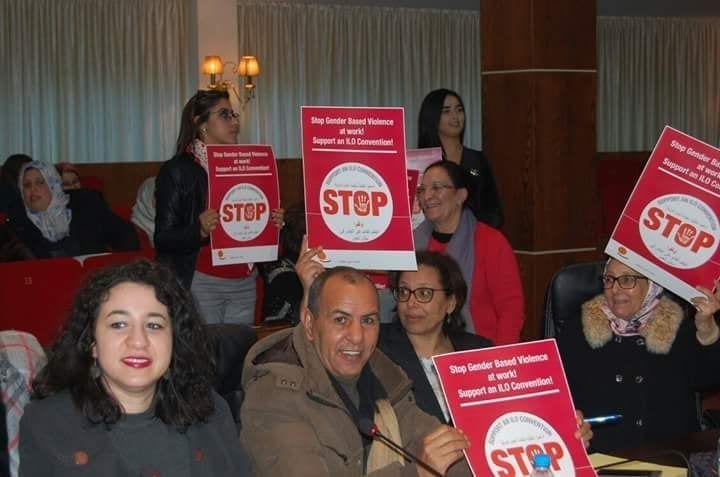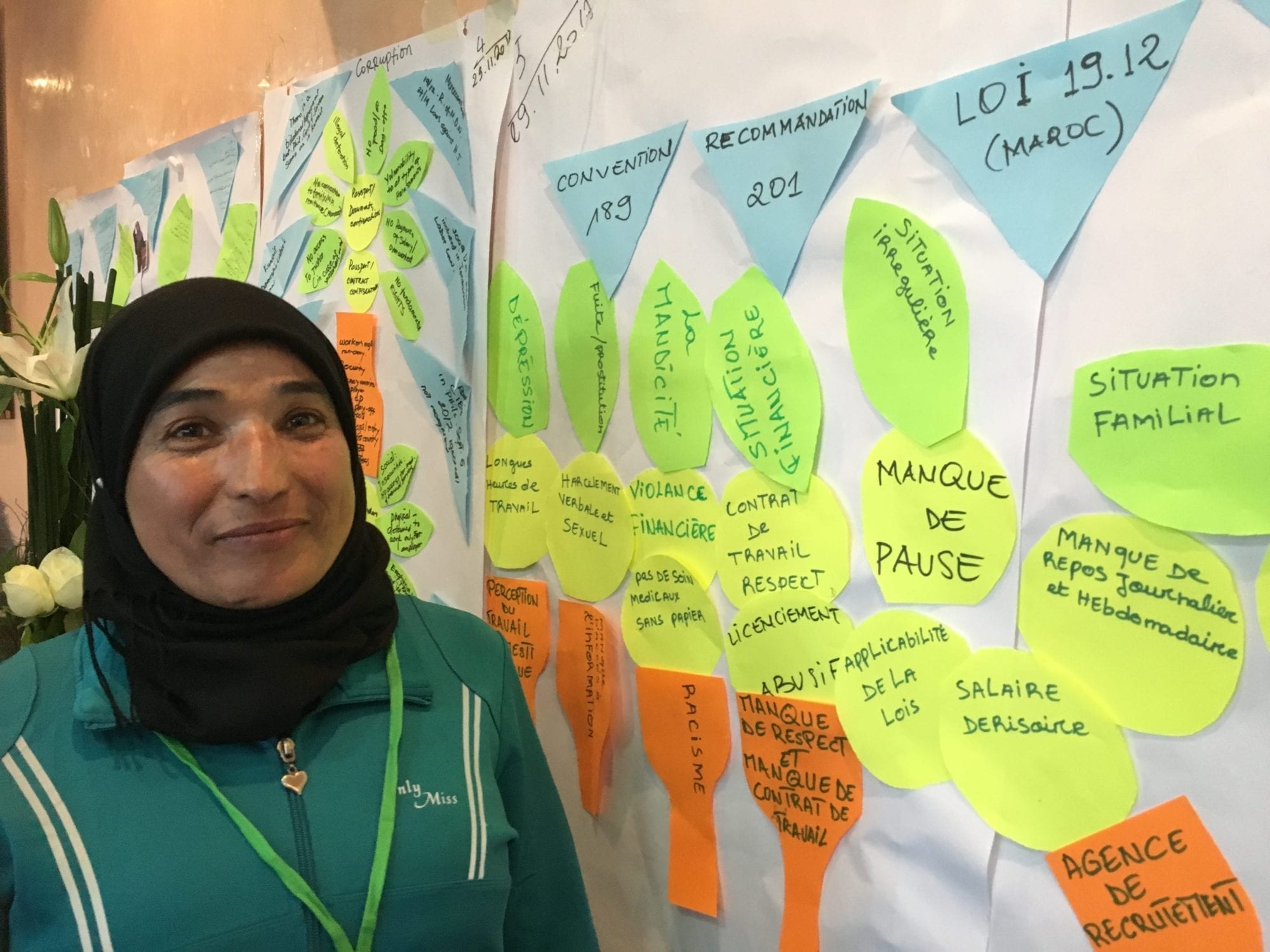Nearly one in two women journalists have experienced sexual harassment, psychological abuse, online trolling and other forms of gender-based violence (GBV) while working—yet “up to three-quarters of media workplaces have no reporting or support mechanism,” says...

The Solidarity Center supported the development of the Afro-Colombian Labor Council, the first national organization in Colombia dedicated to improving the working conditions of Afro-descendants. Credit: Solidarity Center/Rhett Doumitt
- Conducts research and awareness-raising to challenge systems of oppression and inform inclusive approaches to building worker power across social identities at all levels
- Supports representative, inclusive leadership in our partner organizations
- Engages in cross-movement work to combat tools of oppression that impact women, including gender-based violence and harassment at work
- Brings together unions and community groups to identify shared socioeconomic struggles, analyzes how those struggles are linked to systemic racism and implements organizing, legal and advocacy strategies to collectively overcome the oppression that entraps workers in poverty
- Advocates for economic policies that uproot systemic discrimination and exploitation in labor markets.
Women in Morocco, Tunisia Highlight GBV at Work
Women union activists and their allies in Morocco and Tunisia celebrated International Women’s Day this week with events that highlighted the need for a global standard to address gender-based (GBV) violence at work. “Violence is escalating dramatically. Without an...
#TimeIsNow: International Women’s Day 2018
Sorting olives, picking peaches and cultivating fields across a vast agro-industrial complex outside Meknes, Morocco, Hayat Khomssi says women workers like her once did not have access to higher-skilled jobs and leadership positions. But after she and her co-workers...
No Results Found
The page you requested could not be found. Try refining your search, or use the navigation above to locate the post.



